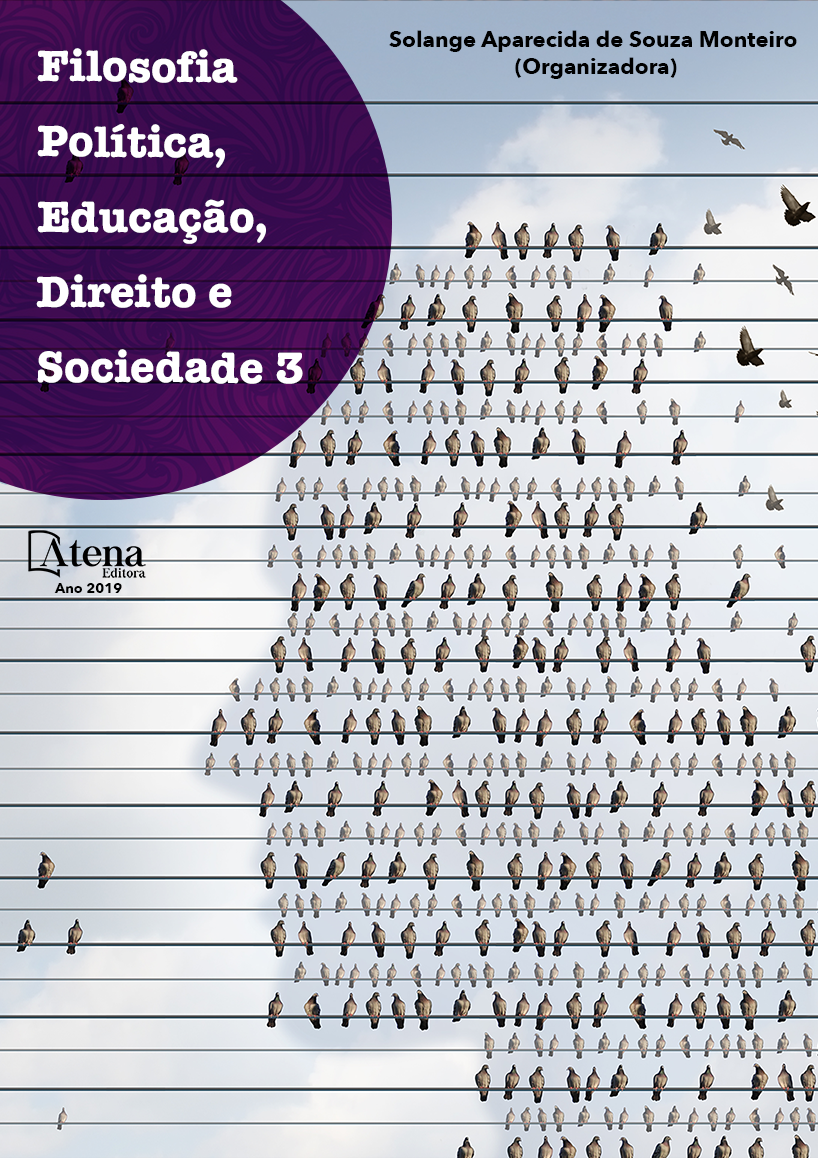
CONTOS DE FADAS EM LIBRAS NA ESCOLA: DESFAZENDO MITOS, MINIMIZANDO BARREIRAS
A legislação educacional brasileira
e diferentes autores apontam para a inserção
de práticas inclusivas no cotidiano escolar.
Rosita Carvalho discorre que mesmo com a
base legal, ainda encontramos dificuldades
para implementar esta proposta nas escolas
brasileiras devido a vários fatores, os quais
agrupamos em: precarização da formação/
informação do professor e dos demais
integrantes da comunidade escolar, a ausência
de programas de suporte ao aprendizado deste
grupo e à falta de participação de pessoas com
deficiência na elaboração de ações formativas
da escola. Diante desta realidade buscamos
na Literatura Infantil em Libras, elementos que
funcionassem como suporte às discussões
sobre os obstáculos vivenciados pelos surdos,
contribuindo com a quebra de barreiras
atitudinais entre alunos surdos e ouvintes,
bem como destes com os seus docentes, a
fim de favorecer o aprendizado da Libras e da
Língua Portuguesa em classes inclusivas com
surdos. A pesquisa foi realizada através de um
levantamento bibliográfico no qual identificamos
os benefícios do trabalho com essa Literatura,
utilizando-se de versões de contos de fada
impressos e/ou em vídeos disponíveis no site
de compartilhamento de vídeos: o YouTube.
Identificamos que estes contos favorecem o uso
de diferentes suportes nos quais o texto pode
ser disponibilizado, auxiliam na ampliação do
repertório cultural da criança surda, permitem
que a criança ouvinte tenha acesso às versões
das histórias sendo recontadas na perspectiva
dos personagens surdos e possibilitam a
ampliação das habilidades comunicativas em
Libras, pelos ouvintes, e em Língua Portuguesa,
pelos surdos.
CONTOS DE FADAS EM LIBRAS NA ESCOLA: DESFAZENDO MITOS, MINIMIZANDO BARREIRAS
-
DOI: 10.22533/at.ed.9641904025
-
Palavras-chave: Histórias Infantis. Libras. Língua Portuguesa. Inclusão.
-
Keywords: Children’s Stories. Brazilian Sign language. Portuguese language. Inclusion.
-
Abstract:
Brazilian educational legislation
and different authors point to the insertion of
inclusive practices in school daily life. Rosita
Carvalho argues that even on a legal basis,
we still consider difficult to implement this
proposal in Brazilian schools due to several
factors, which we group in: precarious training /
teacher and school community information, the
absence of support to the learning of this
group and the lack of participation of people
with disabilities in the elaboration of formative
actions of the school. Facing this reality, we sought in Children’s Literature in Brazilian
sign language, elements that functioned as a support to the discussions about the
obstacles experienced by the Deaf, contributing to the breaking of attitudinal barriers
between deaf and hearing students, as well as with their teachers, in order to favor the
learning of Brazilian Sign language and the Portuguese language in inclusive classes
with the Deaf. The research was carried out through a bibliographic survey in which we
identified the benefits of working with this Literature, using versions of printed fairy tales
and / or videos available on the video sharing site: YouTube. We have identified that the
stories favor the use of different supports in which the text can be made available, help
in expanding the cultural repertoire of the deaf child, allow the listener child to have
access to versions of stories being retold from the perspective of the deaf characters
and make possible the amplification of the communicative abilities in Brazilian sign
language, by both listeners, and in Portuguese, by the Deaf.
-
Número de páginas: 15
- Adriana Moreira de Souza Corrêa
- Natália dos Santos Almeida


